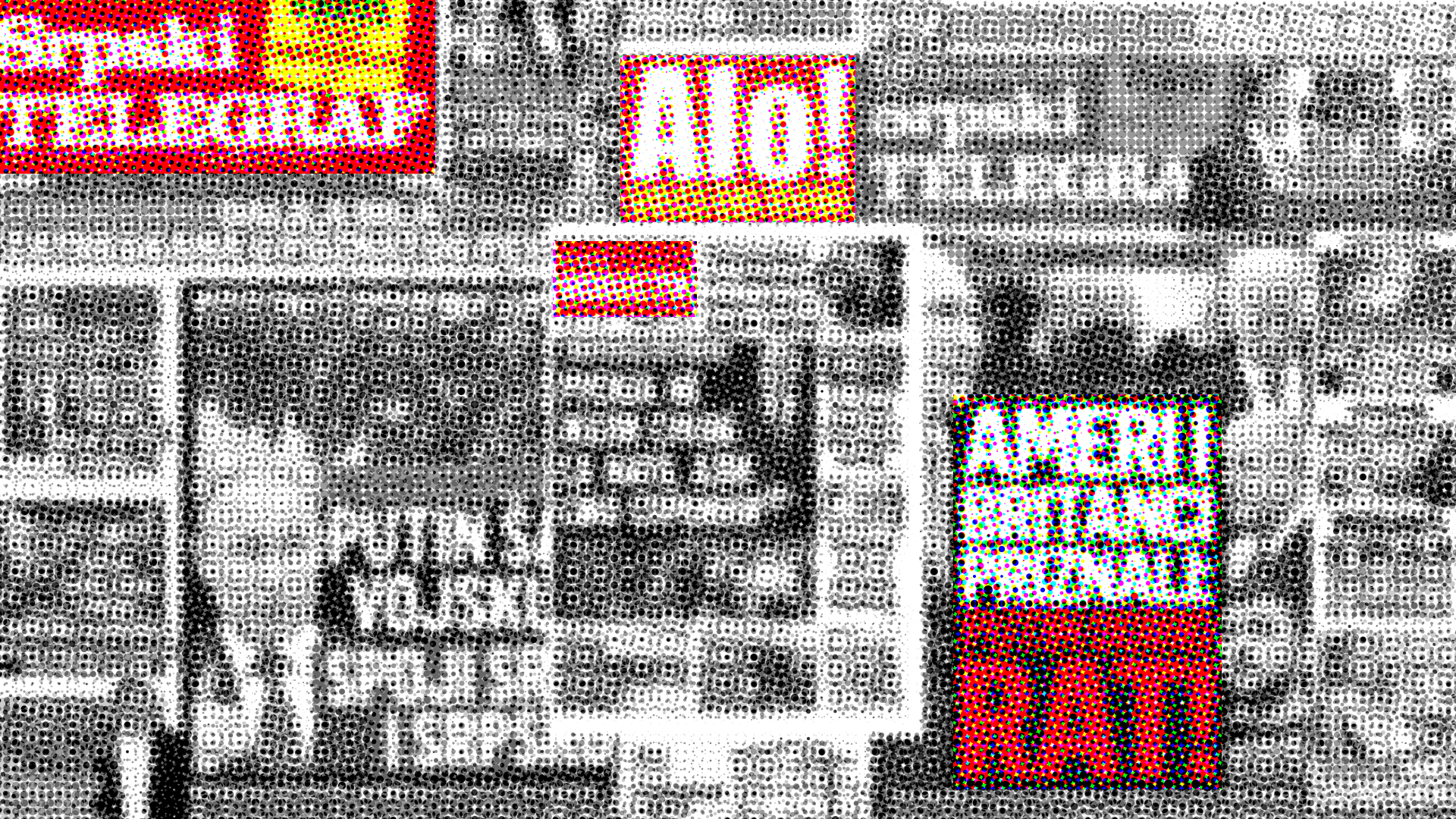
Russia's broadcasting hub in the Balkans
Kosovo Serbs are the target of Russian disinformation.
|04.10.2023
|

Ardit Kika
Ardit Kika has completed his BA in Political Science at the University of Prishtina. He has worked as a journalist in Kallxo.com and Prishtina Insight. Currently, he is working as a freelance journalist mainly covering politics, culture and human rights issues. Ardit is a K2.0 Human Rights Journalism Fellowship program fellow (2018 cycle).
This story was originally written in Albanian.